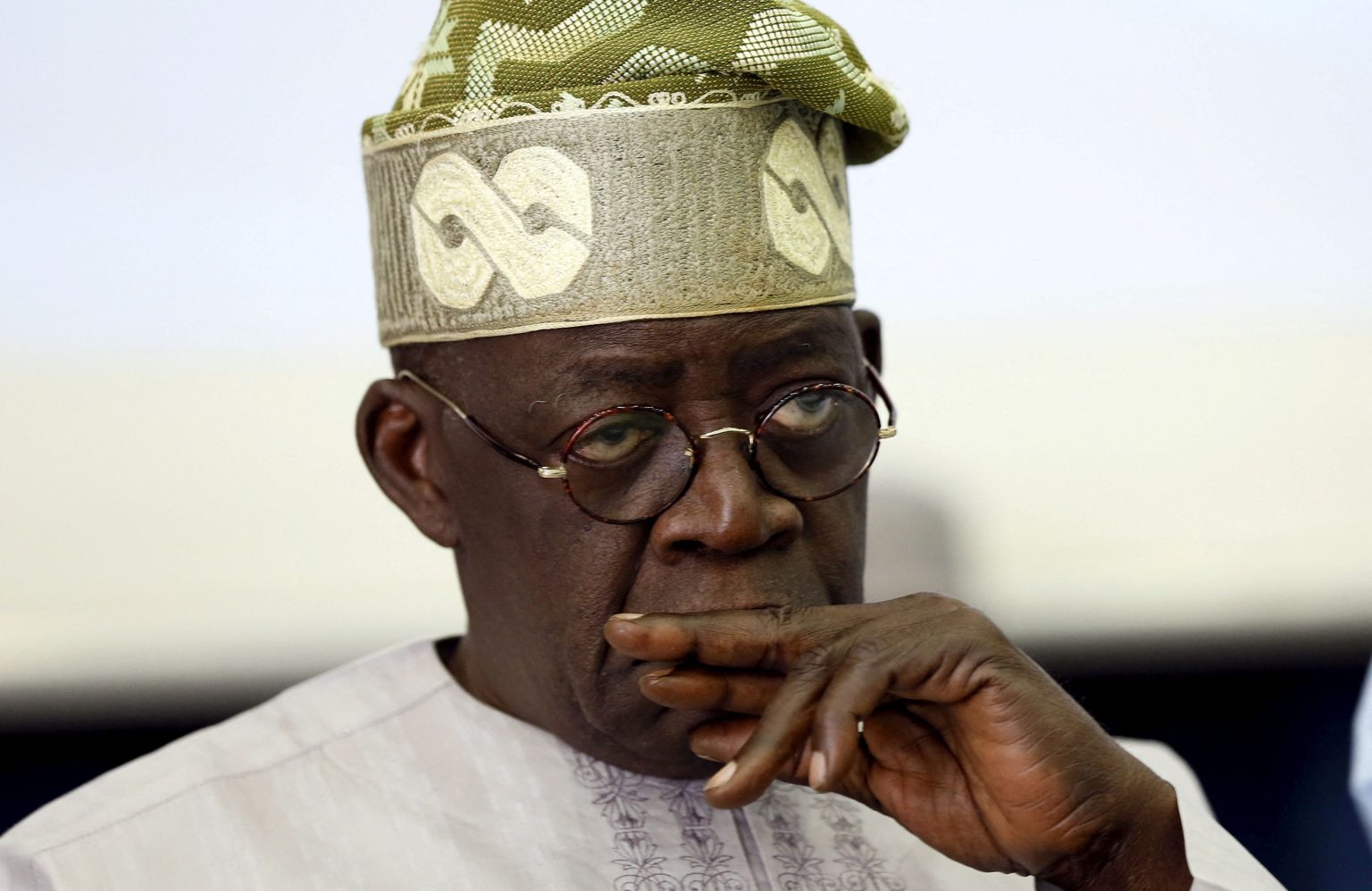The Socio-Economic Rights and Accountability Project (SERAP), alongside four concerned Nigerian citizens, has initiated legal action against President Bola Tinubu’s administration at the ECOWAS Community Court of Justice.
The lawsuit challenges the government’s failure to make public the forensic audit report of the Niger Delta Development Commission (NDDC), which allegedly details the disappearance of N6 trillion from the commission between 2001 and 2019.
The forensic audit was commissioned in 2019 by the late former President Muhammadu Buhari, following widespread allegations of extensive corruption within the NDDC.
READ ALSO: SERAP sues Tinubu govt at ECOWAS Court over undisclosed NDDC audit report
The urgency of the matter was recently underscored by comments from the Minister of the Federal Capital Territory (FCT), Nyesom Wike, who controversially alleged that the wife of a former minister received N48 billion over 12 months for a scheme to train Niger Delta women.
The four private citizens joining SERAP in the suit are Prince Taiwo Aiyedatiwa, Chief Jude Igbogifurotogu Pulemote, Ben Omietimi Tariye, and Princess Elizabeth Egbe.
Filed on Friday, July 18, under suit number ECW/CCJ/APP/35/25, the plaintiffs are seeking a declaration from the court that the Nigerian government’s failure to publish the NDDC forensic report constitutes a fundamental breach of its international human rights obligations.
They are also requesting an order compelling the Nigerian government to release the report, which they contend remains ‘shrouded in secrecy’ despite being submitted to the government.
Furthermore, the suit seeks an order directing the government to implement effective measures to address transparency and accountability deficiencies in the management of public funds allocated to the NDDC.
The plaintiffs argue that withholding the report violates their right to know the truth about the corruption allegations and perpetuates impunity and cover-ups.
They assert that the public’s right to open access to information and to understand government actions on their behalf is implicit in freedom of expression.
They accuse the Nigerian government of failing to provide any justification for withholding the report from them and the general public.
According to the plaintiffs, the Nigerian government is legally bound to ensure transparency and provide access to information regarding the NDDC audit report, as this is a core component of the right to seek, receive, and impart information.
They stress that there is an ‘overriding public interest’ in the report’s disclosure.
The suit, filed by lawyers Kolawole Oluwadare, Kehinde Oyewumi, and Andrew Nwankwo on behalf of SERAP and the other plaintiffs, contends that the continued concealment of the report denies them the ability to study it, hold the government accountable, and undermines the rule of law.
They emphasise that the information sought is not classified for national security reasons but pertains to transparency, accountability, and human rights, which are protected under the African Charter on Human and Peoples’ Rights and the International Covenant on Civil and Political Rights– both treaties ratified by Nigeria.
The plaintiffs further argue that the right to access information is a fundamental human right under these treaties, imposing a positive obligation on the Nigerian government to allow access to documents under its custody.
They believe that access to the report would enable them to effectively exercise their human rights, pursue accountability, and promote democratic participation, thereby empowering citizens to control corruption.
READ ALSO: SERAP sues CBN over failure to disclose direct payments to LG, Rivers councils
The suit highlights that state administrations must adhere to principles of ‘maximum disclosure and good faith’ regarding access to information, where transparency is the general rule and secrecy is the exception, subject only to strict, legally enshrined, and proportional limitations.
The plaintiffs argue that the Nigerian government bears the burden of proving that any restrictions on publishing the report are compatible with international human rights standards.
The plaintiffs also claim that the denial of access to the NDDC forensic report is a violation of their right to a legal remedy.
No date has yet been set for the hearing of the suit.



